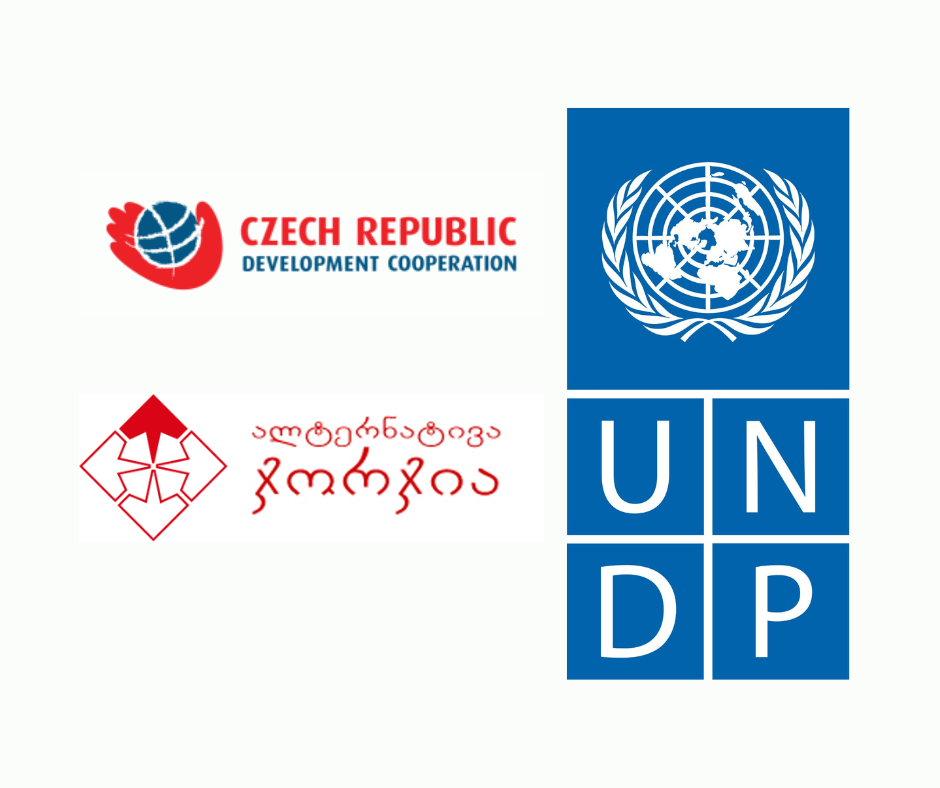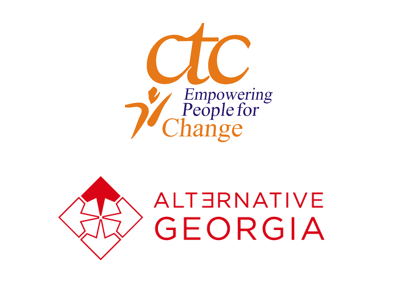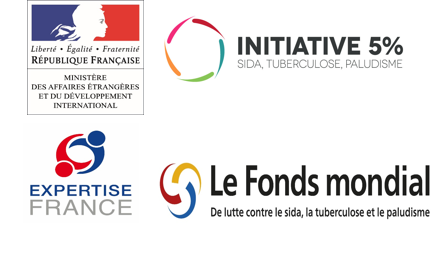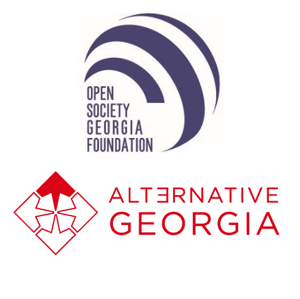Projects

Adiquit and AltGeo Partner to Address Smoking in Georgia
January 08, 2024 - NowAdiquit, a leader in e-health innovations, has partnered with AltGeo, the Addiction Research Center in Georgia, to introduce a groundbreaking smoking cessation project in Georgia. This initiative, supported by UNDP, employs the Adiquit system, an AI-powered mobile app designed to offer personalized smoking cessation support.
Specializes in creating digital solutions for addiction and mental health, offering tools like the Adiquit app to support individuals on their journey to quit smoking.
For more information and to join our efforts in creating a healthier Georgia, visit https://www.adiquit.cz/en/home/
The project “Breathe Georgia: Digital Transformation of Smoking Cessation with Adiquit” is implemented by the United Nations Development Programme (UNDP) with the financial support of the Ministry of Foreign Affairs of the Czech Republic.
Project Highlights:
Innovative Approach: Utilizing artificial intelligence and behavioral science, Adiquit app delivers a personalized journey to help users quit smoking, significantly enhancing the effectiveness compared to traditional methods.
Strategic Partnership: Adiquit and AltGeo collaborate to adapt the Adiquit system to Georgia's context, ensuring cultural and linguistic relevance for better user engagement.
Comprehensive Implementation: The project encompasses initial planning, recruitment of participants, continuous monitoring, and detailed data analysis to evaluate the system's impact in Georgia.
Community Engagement: Through an extensive awareness campaign and stakeholder involvement, the project aims to reach a broad audience, encouraging widespread participation and support.
Sustainable Impact: Aligned with Sustainable Development Goals, this initiative aims to reduce smoking rates, improve public health, and contribute to economic development in Georgia.
#CzechUNDP #CzechChallengeFund #Czech #CzechRepublic

Access to Opioid substitution treatment in Georgian penitentiary system
July 01, 2019 - January 31, 2020Opioid Substitution Treatment (OST) is effective intervention for people who inject drugs (PWID). While access to OST is increasing in civil sector, it still remains limited in Georgian penitentiary system. Georgian prisons provide OST to PWID for 3-5 months with the final goal of detoxification. Project aims to examine barriers and challenges faced by PWID in Georgian prisons through the investigation of experiences shared by former beneficiaries involved in penitentiary system’s OST and experts working in the field. Additionally, project team will analyze Georgian regulatory framework, international standards and recommendations in order to increase access to OST in penitentiary system. Seven-month project is funded by Center for Training and Consultation (CTC).
Georgia Syringe Vending Machine Trial (GSVMT)
April 02, 2018 - NowNeedle and syringe programs (NSP) are evidence-based intervention to prevent HIV infection among people who inject drugs (PWID). Syringe Vending Machines (SVM) are cost-effective intervention to supplement the standard NSP, to reach hard to reach groups, and to cover un-served geographical areas. The aim of the ongoing parent implementation trial is to evaluate the implementation process (and effectiveness) of SVM and to increase access to sterile injection equipment for PWID in Tbilisi, Georgia.
With partnership of National Center for Disease Control and Public Health (NCDC) and Georgian Harm Reduction Network (GHRN), Alternative Georgia is implementing SVMs which work 24/7 and provide sterile injection equipment, condoms, Naloxone kit, contact information and educational brochures for PWID.
The project is supported by the 5% Initiative implemented by Expertise France and funded by the French Ministry of Europe and Foreign Affairs and co-financed by The Global Fund.
Impact of COVID-19 pandemic on illicit drug markets and drug users’ behavior
April 01, 2020 - NowThere is fragmented information coming from the field workers of harm reduction programs and community representatives that the COVID-19 pandemic started to impact on illicit drug supply and drug consumption practices. We hypothesize that the pandemic will affect illicit drug markets, including online markets, in terms of changing availability, purity, pricing for illicit drugs, and will facilitate changes in drug users’ behaviors in terms of substances consumed (amounts, combinations, route of administration) and ways of obtaining those substances. Georgia and Ukraine are selected for this study due to a number of reasons.
In this prospective cohort study, we recruited 50 regular drug users per country (total n=100) who fill in online questionnaire in every two weeks and have qualitative individual interviews once in 3 months. We will follow them up regularly for 24 weeks (about six months). In addition, individual interviews are conducted with field-experts and stakeholders once a month. Furthermore, we are monitoring online drug market.
Project is funded by European Monitoring Centre for Drugs and Drug Addiction (EMCDDA)
Community policing and drug related harm reduction
January 08, 2019 - NowThe project is being implemented by the Addiction Research Center “Alternative Georgia”. The goal of the project is to develop psychoactive substance use related knowledge and skills of community police officers and support their engagement in addressing drug related problems in communities
The goal of the project is to develop psychoactive substance use related knowledge and skills of community police officers and support their engagement in addressing drug related problems in communities.
Specific objectives of the project are as follows:
1. Assess Georgian regulatory framework (laws, regulations, ministerial decrees) related to community policing; assess knowledge and attitudes of community police officers in relation to substance use
2. Review international experience with community policing, in particular in relation to addressing drug related issues
3. Based on Objectives 1 and 2 propose changes to the regulatory framework in order to enable effective involvement of community police officers with reducing/preventing drug related crime and reducing drug related harms
4. Organize a study visit of representatives of MIA (including community police officers) to learn practical experience in drug related community policing (preliminary to one of EU countries or the US; to be determined later)
5. Develop an educational module for community police officers in order to build their knowledge and overall capacity on approaches and interventions aimed at reducing/preventing drug related crime and drug related harms.





